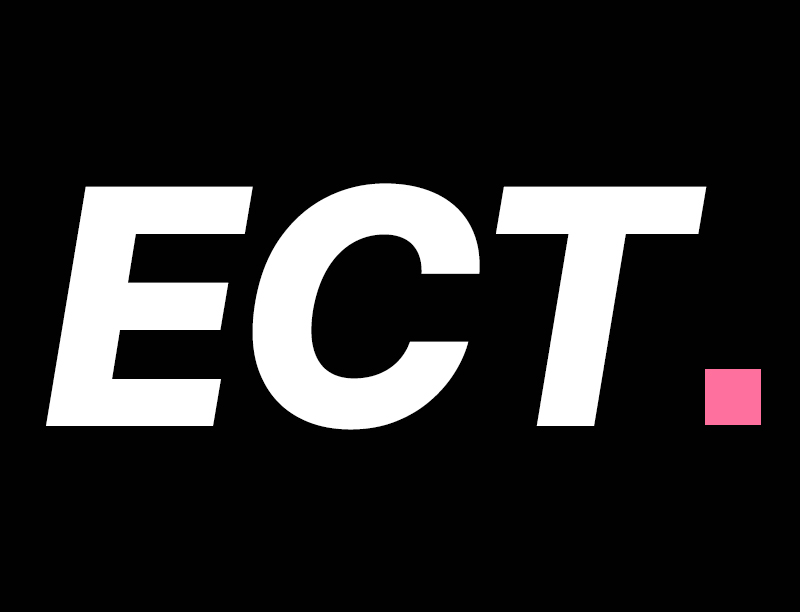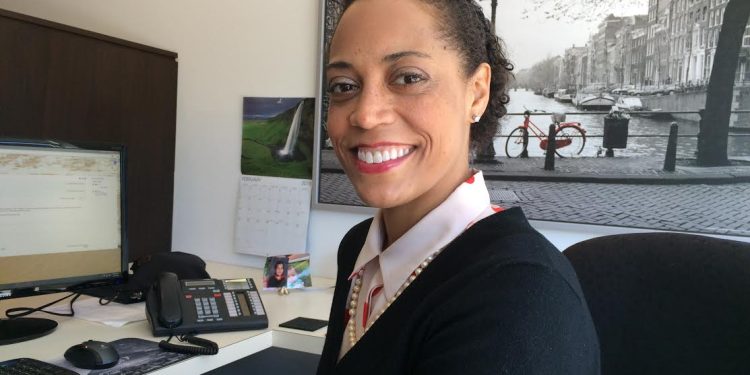As the coronavirus continues to disrupt business operations in all sorts of ways, some entrepreneurs have been able to outdo themselves despite the existing challenges.
Whether these firms sell merchandises that are well-suited to the new normal or they have adapted to new business models, EACH company has curated effective methods.
The success stories have also not been limited to small innovative enterprises or large corporations. Many franchise-style companies also managed to thrive during this pandemic.
One of these franchise-style businesses is the ServiceMaster Restore company. In the franchising world, restoration chiefly restores property after disasters like flooding, fire, mold, and even hoarding.
Yes, hoarding is considered a calamity.
You have to see two episodes of ‘Hoarders’ to see the destruction this addictive habit causes.
For over 65 years, the ServiceMaster Restore has offered janitorial, commercial cleaning, and restoration services to various cities and towns worldwide.
For decades now, this business sector has customarily been owned and ran by white males, but Nasutsa Mabwa is slowly changing these outdated traditions.
With a remarkable résumé in urban planning and business, the outstanding entrepreneur is a force to be reckoned with.
She holds a Master of Arts degree in Urban Planning and Policy from Illinois University and a Master of Business Administration with a major in real estate development from Roosevelt University.
Mabwa, a Chicago native, gives her all to everything she does, and her accomplishments haven’t gone unnoticed.
In 2010, Mabwa was placed in the ’40 Under 40 Class ‘by the Crain Chicago Business and was a 2015 Goldman Sachs 10,000 Small Business Program Graduate.
Her firm, ServiceMaster by Simons, was recently awarded the 2020 Better Business Bureau Torch Award for Her Business Acumen skills in the minority-owned business class.
The firm was also recognized for its contributions to the restoration and recovery of commercial and industrial occupants in the hurricane-ravaged areas, including Texas, Florida, and South Carolina.
What Prompted Mabwa to Purchase A ServiceMaster Franchise
In 2009, Nasutsa and her husband, Sam, had their first child. Sam was working in TV and video production at the time.
His job also involved traveling around the country, so he was rarely at home. Nasutsa, on the other hand, was a real estate development executive, which was also time-consuming.
She realized she couldn’t manage demanding projects and achieve a life/work balance.
Since Sam had worked on and off for several ServiceMaster firms over the years, and with their second child’s birth in 2012, Mabwa decided to make a change.
The two were given a franchise license by ServiceMaster, which featured a massive territory for the greater Chicago.
They made it work, and by 2015, they had bought additional licenses for Oak Park, River Forest, the North Shore, and Chicago.
What She Attributes Her Success To
Nasutsa is actively involved in the running of the firm. They don’t have layers of management, and that allows them to tap into their consumer base.
With the expansion and growth of a business, you can expect risks of becoming disconnected from your consumers.
Therefore, the level of connection you have with the staff and consumers is critical, and ServiceMaster by Simons has managed to achieve this.
The company’s objective is to continue to maintain these essential connections. They are not afraid to roll up their sleeves and make things work.
If they are shorthanded and have to meet specific deadlines, everyone gets in gear and gets down to business.
As an owner, Nasutsa also puts on several ‘tiaras’. She can be at the job site, at the office helping to estimate large projects, or in meetings trying to expand their network.
She also holds several meetings with the team every week to ensure everyone is on the same page and address ongoing issues.
What Mabwa’s Experience in the White Male-Dominated Industry Is
White males have historically run the restoration industry. Nonetheless, with the strict inclusion laws, several minority owners are immersing themselves in the restoration sector.
Mabwa’s transition into the industry was easy since she has a foundation in the commercial real estate market, a male-dominated field.
She comprehends the rigid dynamics of the market and is comfortable working within it. As a Black woman in the business, she primarily focuses on maintaining a high level of performance and proving herself to her counterparts.
She also decided to have an MBE/WBE (Minority Business Enterprise / Women-owned Business Enterprise) certification with Illinois and Chicago. She thought it was imperative to get this certification to expand the business on the commercial side.
According to statistics, small and minority-owned businesses face several challenges in the commercial sector due to a lack of enough resources to take the leap. The WBE/MBE helps to elevate your firm to the next level.
Mabwa didn’t see the impact of having the certificate at first, but with increased racial inequality awareness, her business has seen increased support from her consumers.
Why Mabwa Chose the Restoration Franchise
According to Nasutsa, one of the best parts about having a restoration franchise is that it’s recession-proof. Whether the real estate market is strong or weak, proprietors will ultimately experience disasters: it’s inevitable.
During the Covid-19 pandemic, people remained indoors, yet the accident rate was higher than ever. While the residential sector dipped, the commercial industry flourished, with most organizations requesting disinfection services.
Moreover, there were several natural disasters like floods, unstable weather, and hurricanes, thanks to unpredictable weather and climate change. These weather changes resulted in pipe bursts, water damage, and mold invasion, allowing the firm to make some cash as other businesses faced harsh realities.
All in all, if you are a go-getter, flexible, and possess unmatched networking skills, you can thrive in the restoration business. For instance, pre-Covid, ServiceMaster by Simons offered restoration services for water, mold, and fire damages.
By April 2020, however, the firm had to pivot to offering Covid disinfection services. Now, in 2021, they are back to providing fire and water damage restoration services to their consumers.







